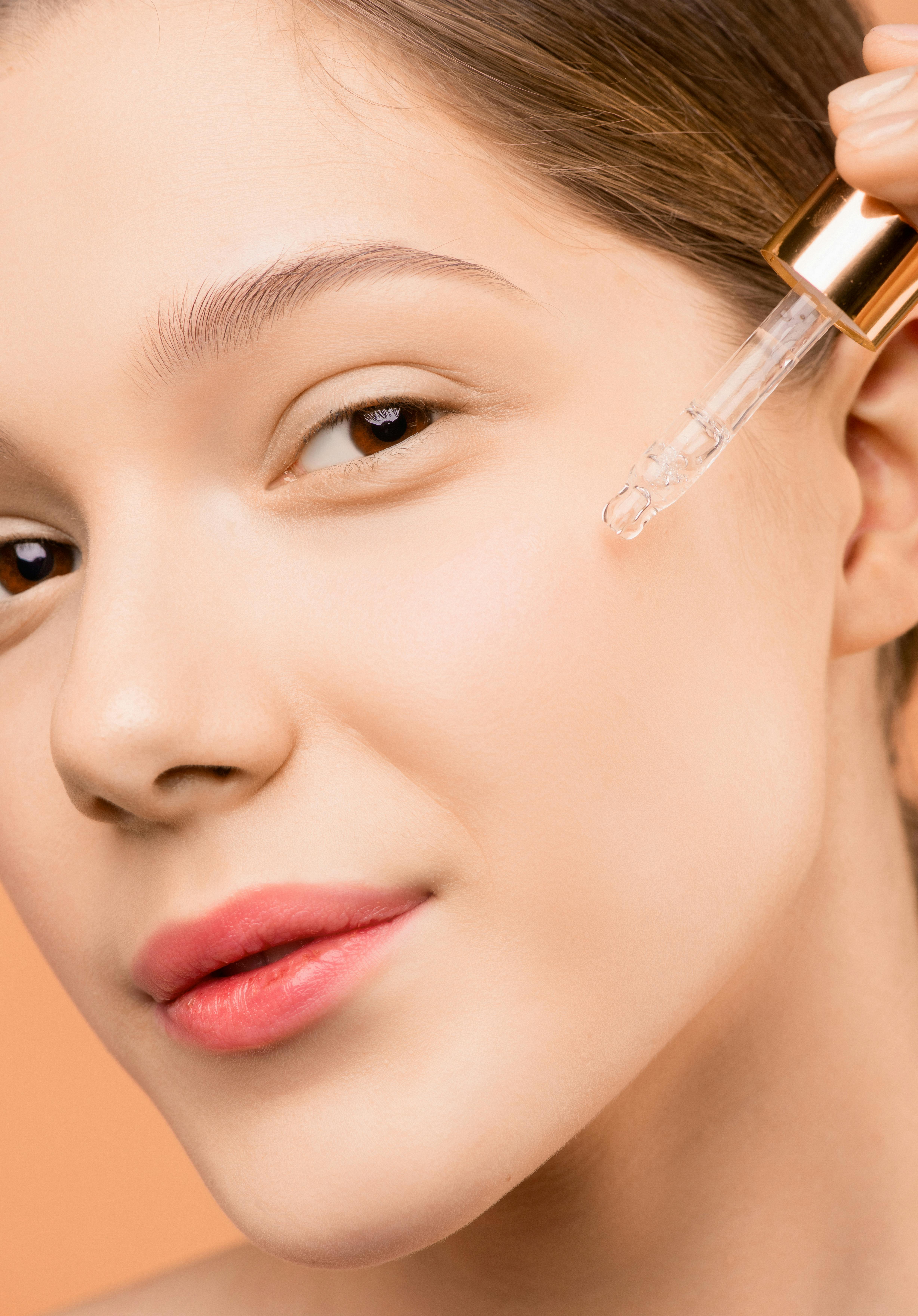Bioceramides: Nature's Skin Barrier Booster
In the ever-evolving world of beauty and skincare, a new player has emerged to revolutionize how we approach skin health and aging. Bioceramides, once a little-known ingredient, are now taking center stage in the fight against dry, aging skin. These lipid molecules, naturally present in our skin, are gaining recognition for their ability to restore and maintain the skin's protective barrier. As we delve into the science behind bioceramides, we'll explore their origins, benefits, and why they're becoming a must-have in skincare routines worldwide. From their humble beginnings as a plant-derived supplement to their current status as a topical skincare superstar, bioceramides are poised to change the way we think about skin hydration and age-defying treatments.

As we age, our natural ceramide production decreases, leading to a weakened skin barrier. This can result in dryness, sensitivity, and accelerated aging. Environmental factors, such as harsh soaps, hot showers, and low humidity, can further deplete our ceramide levels. Understanding the importance of ceramides in skin health has led researchers to explore ways to replenish and supplement these vital lipids.
The Rise of Bioceramides
Bioceramides, also known as phytoceramides, are plant-derived ceramides that closely mimic those found in human skin. Initially discovered in wheat and rice, bioceramides are now extracted from various plant sources, including sweet potatoes, konjac, and spinach. The beauty industry’s interest in bioceramides was sparked by their potential to improve skin barrier function when taken orally or applied topically.
The concept of using bioceramides in skincare gained traction in the early 2000s, with the first oral supplements hitting the market. These supplements promised to hydrate the skin from within, offering a novel approach to combating dry, aging skin. As research progressed, topical formulations containing bioceramides began to emerge, providing a more direct route to skin barrier repair.
Bioceramides vs. Synthetic Ceramides
While synthetic ceramides have been used in skincare for decades, bioceramides offer several advantages. Their plant-based origin appeals to consumers seeking natural alternatives, and their molecular structure is often more compatible with human skin. This compatibility allows for better absorption and integration into the skin’s lipid matrix.
Bioceramides also come with additional benefits inherent to their plant sources. For example, rice-derived bioceramides contain antioxidants that provide extra protection against free radical damage. Sweet potato bioceramides offer natural UV-protective properties, enhancing their skin-defending capabilities.
The Multi-Faceted Benefits of Bioceramides
The inclusion of bioceramides in skincare routines offers a wide range of benefits:
-
Enhanced Hydration: By strengthening the skin barrier, bioceramides help lock in moisture, reducing dryness and flakiness.
-
Improved Elasticity: Regular use of bioceramides can increase skin’s flexibility and resilience, reducing the appearance of fine lines and wrinkles.
-
Soothing Sensitive Skin: A stronger barrier function means less irritation and inflammation, making bioceramides ideal for those with sensitive or reactive skin.
-
Protection Against Environmental Stressors: Bioceramides help shield the skin from pollutants and other external aggressors that can accelerate aging.
-
Support for Skin Microbiome: A healthy skin barrier fosters a balanced microbiome, which is essential for overall skin health.
Incorporating Bioceramides into Skincare Routines
The versatility of bioceramides allows for various methods of incorporation into daily skincare regimens:
Topical Applications: Serums, moisturizers, and masks containing bioceramides can be applied directly to the skin. These products are particularly effective when used after cleansing and toning, allowing for maximum absorption.
Oral Supplements: Bioceramide supplements can complement topical treatments, working from the inside out to improve skin hydration and elasticity.
Combination Approaches: For optimal results, many skincare experts recommend a dual approach, using both topical and oral bioceramides to support skin health comprehensively.
When selecting bioceramide products, it’s essential to look for formulations that combine them with other skin-supporting ingredients like hyaluronic acid, niacinamide, or antioxidants for synergistic effects.
The Future of Bioceramides in Beauty and Wellness
As research into bioceramides continues to expand, their potential applications in beauty and wellness are growing. Beyond skincare, bioceramides are being explored for their benefits in hair care, potentially improving hair hydration and reducing damage. There’s also increasing interest in their role in supporting overall skin health, including potential applications in treating skin conditions like eczema and psoriasis.
The beauty industry is also witnessing a trend towards more personalized skincare solutions. Bioceramide formulations tailored to specific skin types, concerns, and even genetic profiles may become more prevalent in the coming years. This customization could lead to more effective and targeted treatments for a wide range of skin issues.
Embracing the Bioceramide Revolution
As consumers become more educated about skincare ingredients and their functions, bioceramides are poised to become a staple in beauty routines worldwide. Their ability to address multiple skin concerns simultaneously, coupled with their natural origin, makes them an attractive option for those seeking effective, holistic skincare solutions.
The integration of bioceramides into the beauty and wellness landscape represents a shift towards more science-backed, barrier-focused skincare. By prioritizing the health and function of the skin’s natural protective layer, bioceramides offer a foundation for radiant, resilient skin at any age. As we continue to uncover the full potential of these remarkable lipids, one thing is clear: bioceramides are not just a passing trend, but a fundamental component in the future of skincare science.






